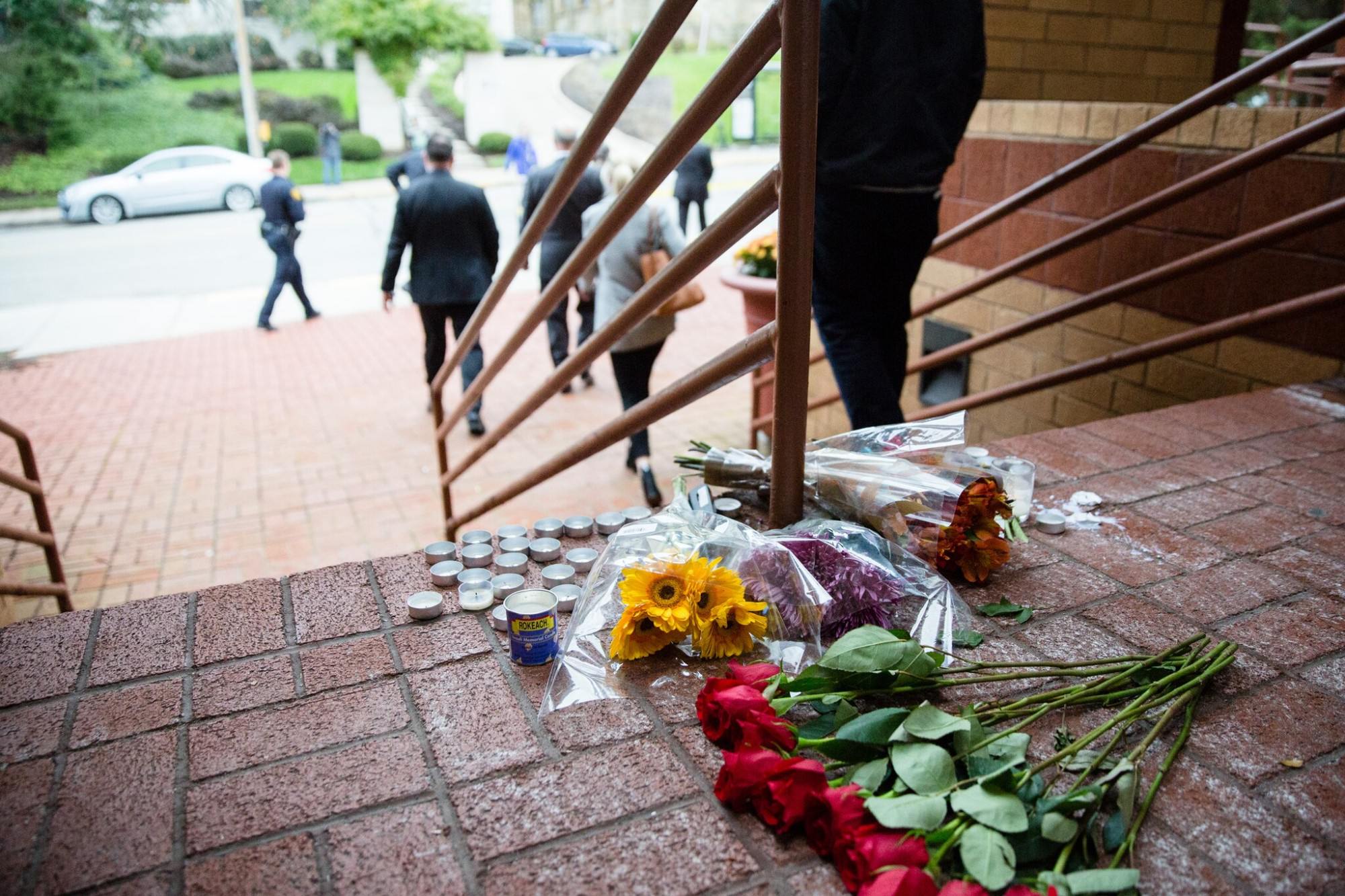U.S. News
Jury Votes Death for Tree of Life Synagogue Shooter
By Belal Awad · August 4, 2023
In brief…
- The jury unanimously voted for the death penalty in Tree of Life Synagogue shooting trial.
- Gunman Robert Bowers was found guilty of killing 11 congregants in the 2018 anti-semitic attack, the worst in U.S. history.
- The jury's decision was based on nine aggravating circumstances laid out by the prosecution, including severity of crime and religious targeting.
- The defense's arguments regarding the shooter's medical history were outweighed by the heinousness of crime, among other factors.
- The judge is likely to follow jury's recommendation.

The jury in the Tree of Life Synagogue shooting trial voted unanimously for the death penalty for the gunman responsible for the deadliest anti-Semitic attack in U.S. history. Shooter Robert Bowers was found guilty in June for killing 11 congregants at the Pittsburgh synagogue in 2018.
According to public defender Brian Buckmire, the jury’s decision Wednesday was based on the nine aggravating circumstances laid out by the prosecution. These include the severity of the crime, the vulnerability of the victims, and the fact that the attack was targeted at a religious gathering. Buckmire told ABC News that these factors outweighed the 115 mitigating circumstances put forward by the defense regarding the shooter’s medical and physical history.
The gunman had offered to plead guilty if the death penalty was taken off the table. Prosecutors declined. In Buchmire’s view, “It appears that those nine aggravating circumstances - the heinousness of the crime, the fact that he targeted vulnerable people based on age or disability, and the specific religious animus - far outweighed the defense’s arguments” against the death sentence.
The defense highlighted the Bowers’ medical and physical history as mitigating explanations for his actions. The jury was unswayed, focusing on the horrific nature of the crime and the devastation and grief it caused the community.
While the jury recommends the sentence, it is the judge who formally imposes it. “Typically speaking, when the jury is unanimous, though, it’s a pretty academic conversation. The judge follows with that recommendation,” said Buckmire.
Experts generally concur that it is unlikely the judge will overrule the jury’s verdict.